|
We were on our way to The Netherlands for business meetings. We flew into Brussels where the flights were cheaper, rented a car, and planned to drive the two hours fifteen minutes to Hillegom. At the last minute we decided to stay in Bruges for three days for a respite from all the hard work and traveling we had been doing. Dennis said that Bruges is his favorite city on earth and I think I might agree with him now.
We booked an Airbnb about an hour's walk outside the city in a little town called, Oosternijk. We stayed in a converted barn and our next door neighbor was Sky, a majestic, semi-retired Lippizaner. The farm sat close enough to the canal to dip it's grass into the water and there was a lovely path where I could walk into the city each morning. Out of all my walks in all the cities I've visited, this was my absolute favorite. The entire path was along a canal. An hour was the perfect amount of time. I was surrounded on all sides by green fields and pastures, and old but meticulous barns. Every couple hundred feet there were these little building that looked like bunkers of some sort. It does not escape my attention that I frequently run into reminders of WWII in Europe. It seems for the people there the remains of bunkers, bombed out buildings, graves, and battlefields are always back of mind and front of memory, even though the horror may be covered with vines and flowers. What is Belgium known for? The chocolate, waffles, and beer. We try a little of the former two and a lot of the latter. It is hot and the chocolate shop is closed one day because the chocolate is melting. We stop at the oldest restaurant and have a lunch of lasagna which is the best I've ever eaten. The Belgium beer is indeed rich and tasty while still light. My favorite is Zots, which I am told is made by monks in a nearby compound, which I struggle to reconcile - the idea of monks making and selling beer. I am not much of a beer drinker but when in Belgium ... After noticing items in all the shops with poppies, I finally ask a shopkeeper the significance. She tells me it was a symbol of remembrance from the 'great war.' Once the conflict was over the poppy was one of the only plants to grow on the otherwise barren battlefields. The significance of the poppy as a lasting memorial symbol to the fallen was realized by the Canadian surgeon John McCrae in his poem In Flanders Fields. I felt like I had been transported back in time in the magical city of Bruges, with its winding streets and canals, parks, and architecture. It is a perfect three day stopover, but we have to leave. On the way out we stop at the beach in Knokke-Heist for lunch. I miss the beach. What I learned: We must always remember the horror of war and try not to let ourselves become complacent with the beauty surrounding us.
0 Comments
Leave a Reply. |
Details
AuthorCynthia Wylie Archives
January 2018
Categories |

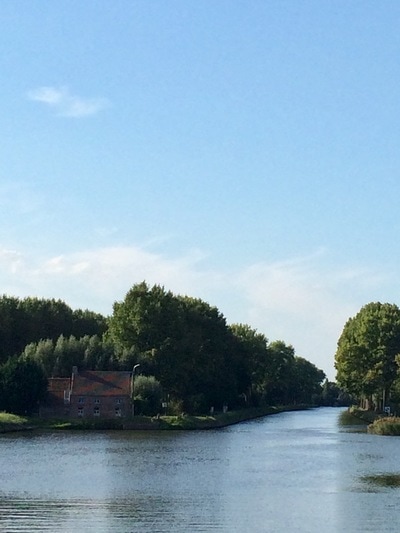
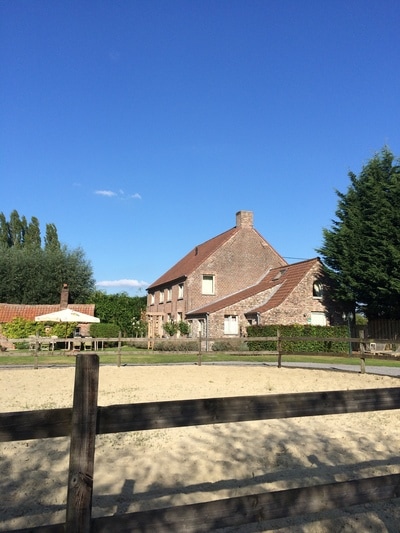
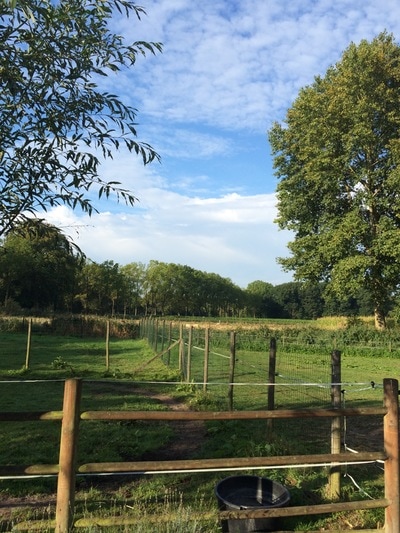
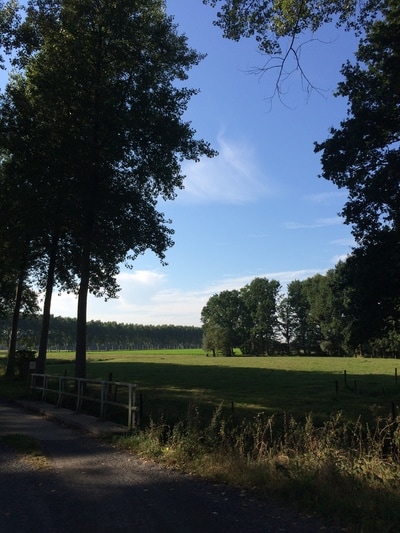
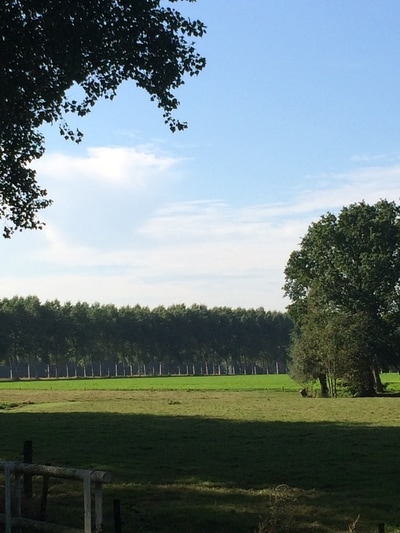
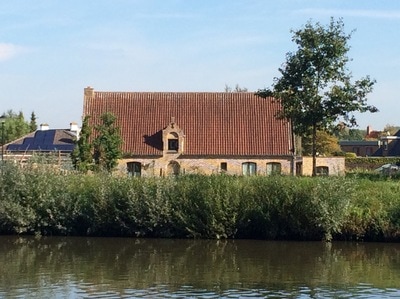
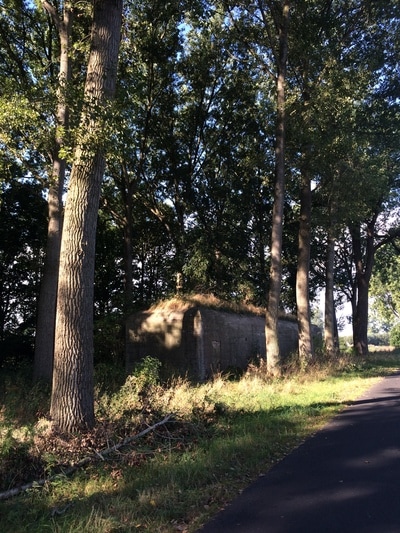
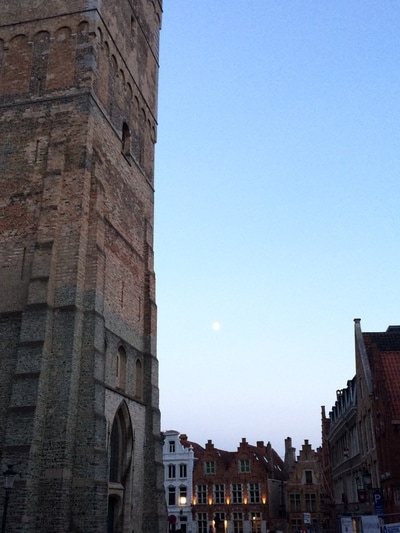
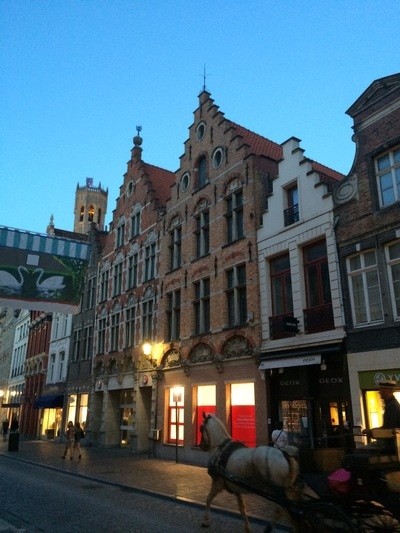
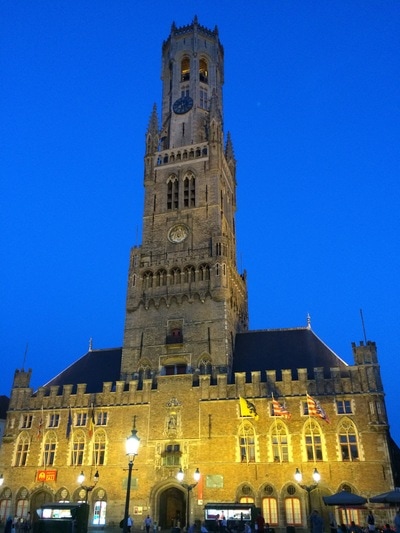
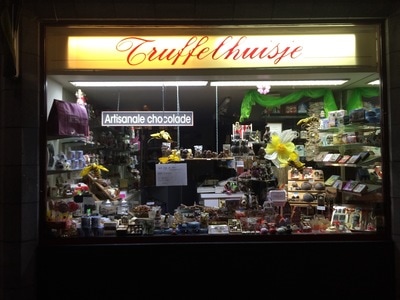
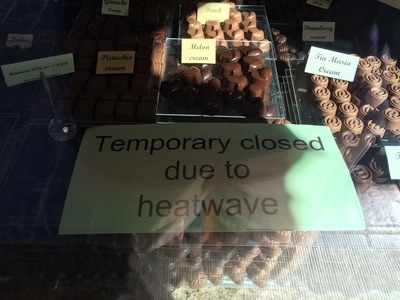
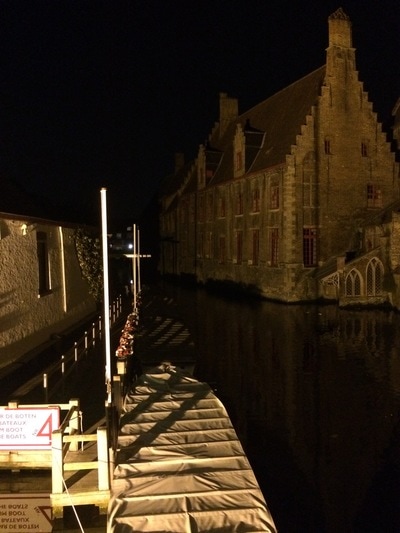
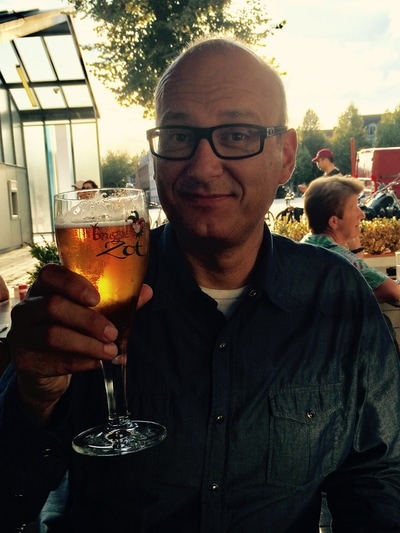
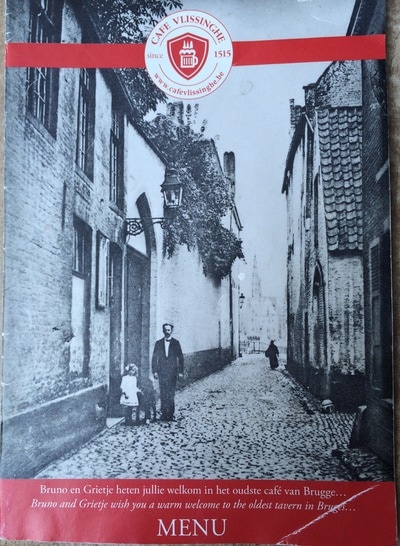
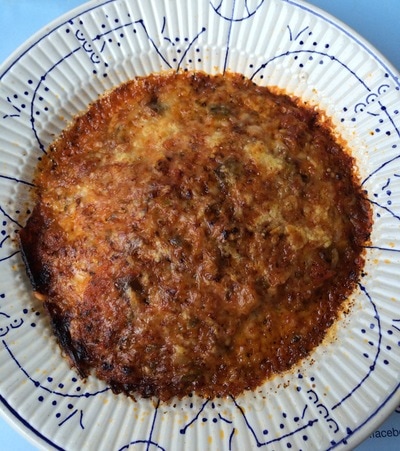
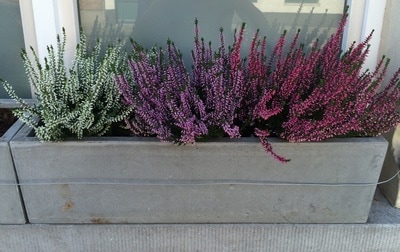
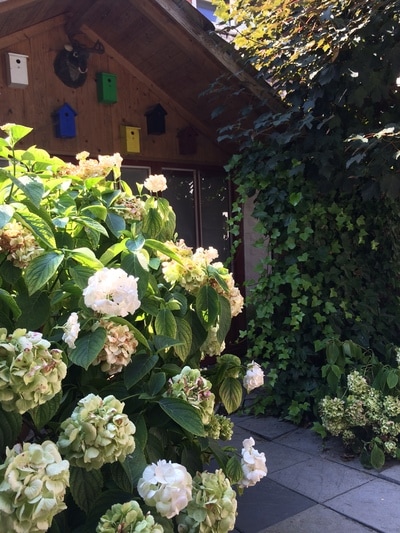
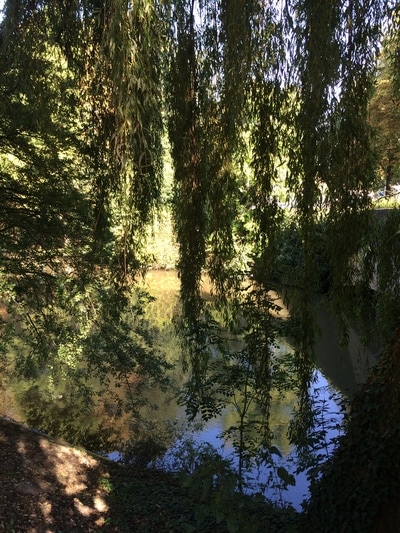
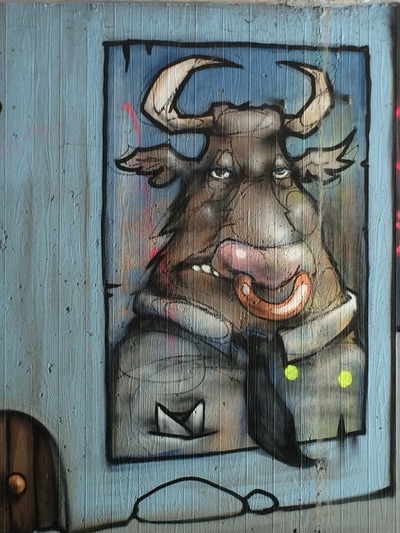
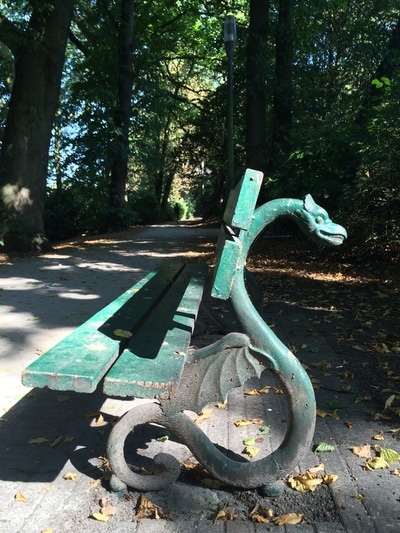
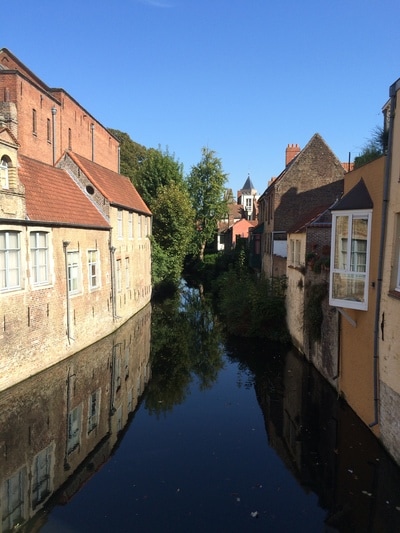
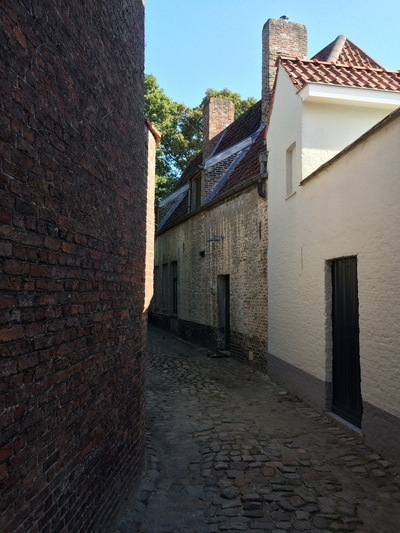
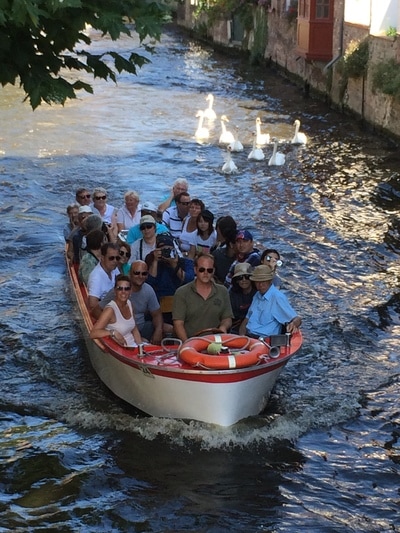
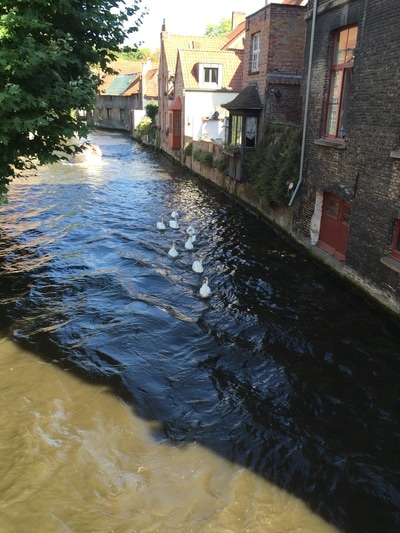
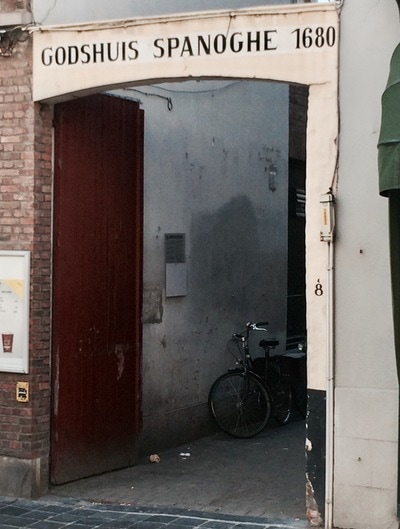
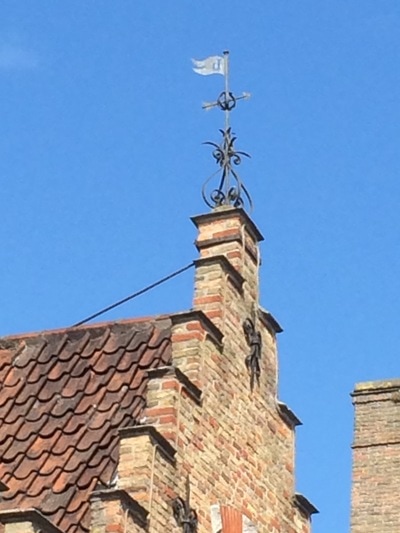
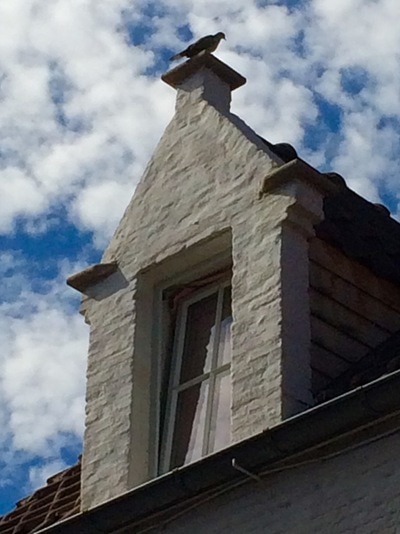
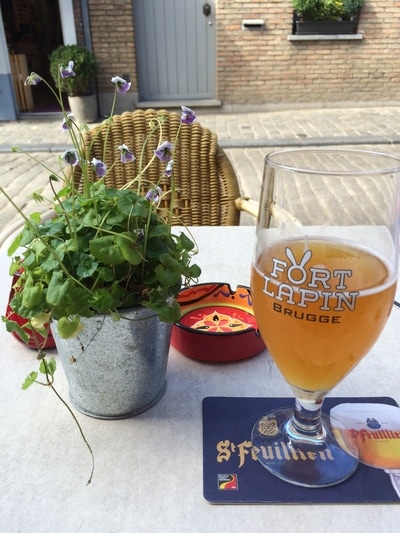
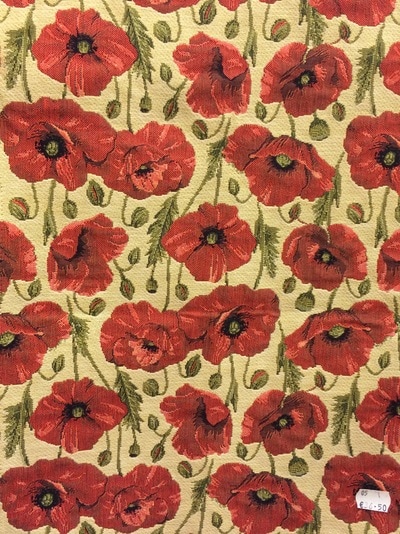
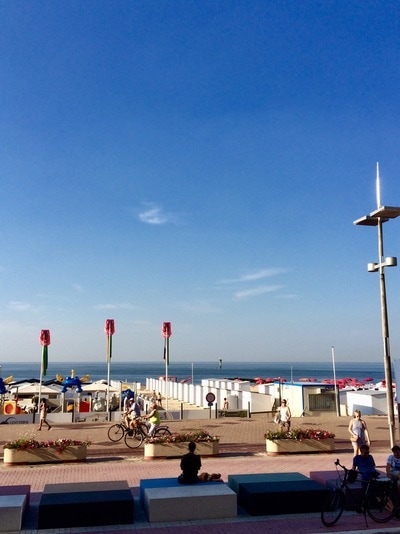
 RSS Feed
RSS Feed